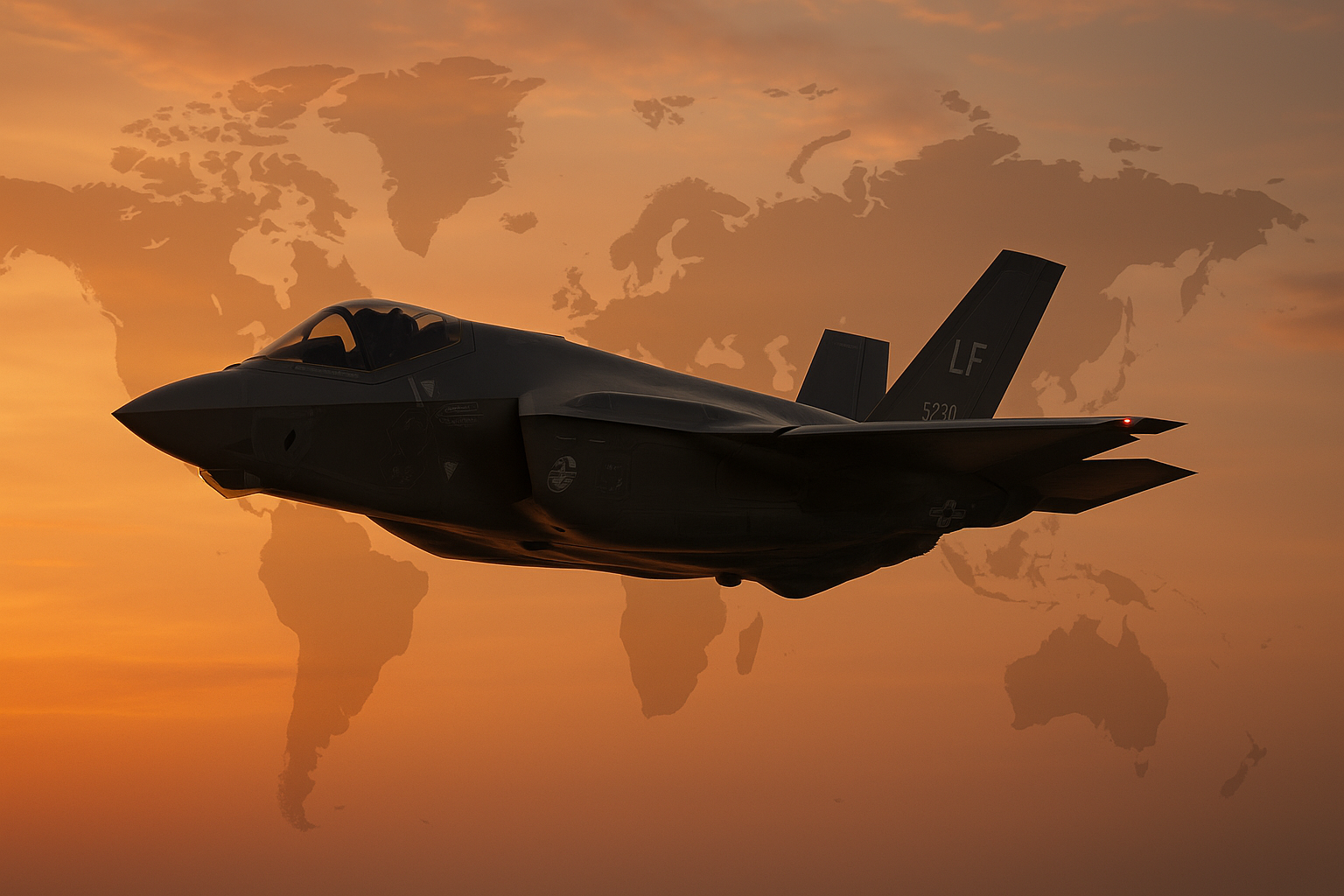The defense sector has always fascinated me with its unique blend of geopolitics, technological innovation, and fiscal policy - and few companies embody this intersection better than Lockheed Martin (LMT). As of July 22, 2025, the aerospace and defense giant continues to navigate an increasingly complex global landscape.
Current Position
While I don't have today's specific stock movements in front of me, Lockheed Martin has maintained its position as a cornerstone of the defense industry through 2025. Their diverse portfolio - spanning advanced fighter jets, missile systems, space technology, and cybersecurity solutions - provides both stability and growth potential in an uncertain world.
The company's F-35 program remains the largest defense acquisition program globally (despite its occasional controversies over cost overruns). Meanwhile, their space division has capitalized on both government contracts and the expanding commercial space sector - a smart diversification strategy in my opinion.
Geopolitical Drivers
Let's be honest - defense stocks like Lockheed Martin respond to global tensions in ways few other sectors do. The ongoing conflicts in Eastern Europe and persistent tensions in the Indo-Pacific region have maintained defense spending at elevated levels across NATO countries and their allies.
Defense analyst Michael Brown noted in a recent interview, "Lockheed Martin's strategic investments in cutting-edge technologies have fortified its position in the defense industry. As geopolitical uncertainties persist, the company's prospects remain strong."
I've observed that Lockheed has been particularly adept at aligning its development priorities with emerging defense concerns - their increased focus on hypersonic weapons, autonomous systems, and space-based assets directly addresses Pentagon priorities.
Budget Realities
Of course, defense contractors ultimately depend on government spending, which brings political considerations into play. The recent budget negotiations resulted in sustained defense spending levels - good news for Lockheed and its peers. However, the growing national debt continues to create long-term uncertainty about future procurement budgets.
Lockheed has responded by emphasizing efficiency and fixed-price contracts where possible - a strategy that appeals to budget-conscious appropriations committees while providing some predictability for their own financial planning.
International Expansion
One of Lockheed's strengths has been its international customer base. Beyond traditional allies like Japan, Australia, and European NATO members, the company has expanded its presence in emerging markets where defense modernization is a priority.
These international sales help buffer against potential domestic budget fluctuations - though they also introduce complexity due to export controls and geopolitical sensitivities. It's a delicate balance that Lockheed has generally navigated successfully.
Technology Transition
What I find particularly interesting is how Lockheed is managing the transition toward more software-centric defense systems. While platforms like aircraft and ships remain crucial, the competitive advantage increasingly lies in the systems integration, networking capabilities, and AI applications that make these platforms effective.
Their investments in quantum computing research and artificial intelligence applications for defense suggest a company looking beyond traditional hardware advantages - a necessary evolution in modern warfare.
Looking Ahead
For investors watching Lockheed Martin, the key indicators to monitor include the upcoming defense budget negotiations, international arms sales approvals, and the company's success in emerging technology areas.
The defense sector tends to move somewhat independently from broader market trends - sometimes providing stability during economic uncertainty. That said, Lockheed faces the same challenges as other large industrial firms: supply chain resilience, talent recruitment, and navigating an increasingly complex regulatory environment.
In a world that unfortunately shows few signs of becoming more peaceful, Lockheed Martin's core business seems likely to remain essential - though how they adapt to changing warfare concepts and budgetary pressures will determine their long-term success.
